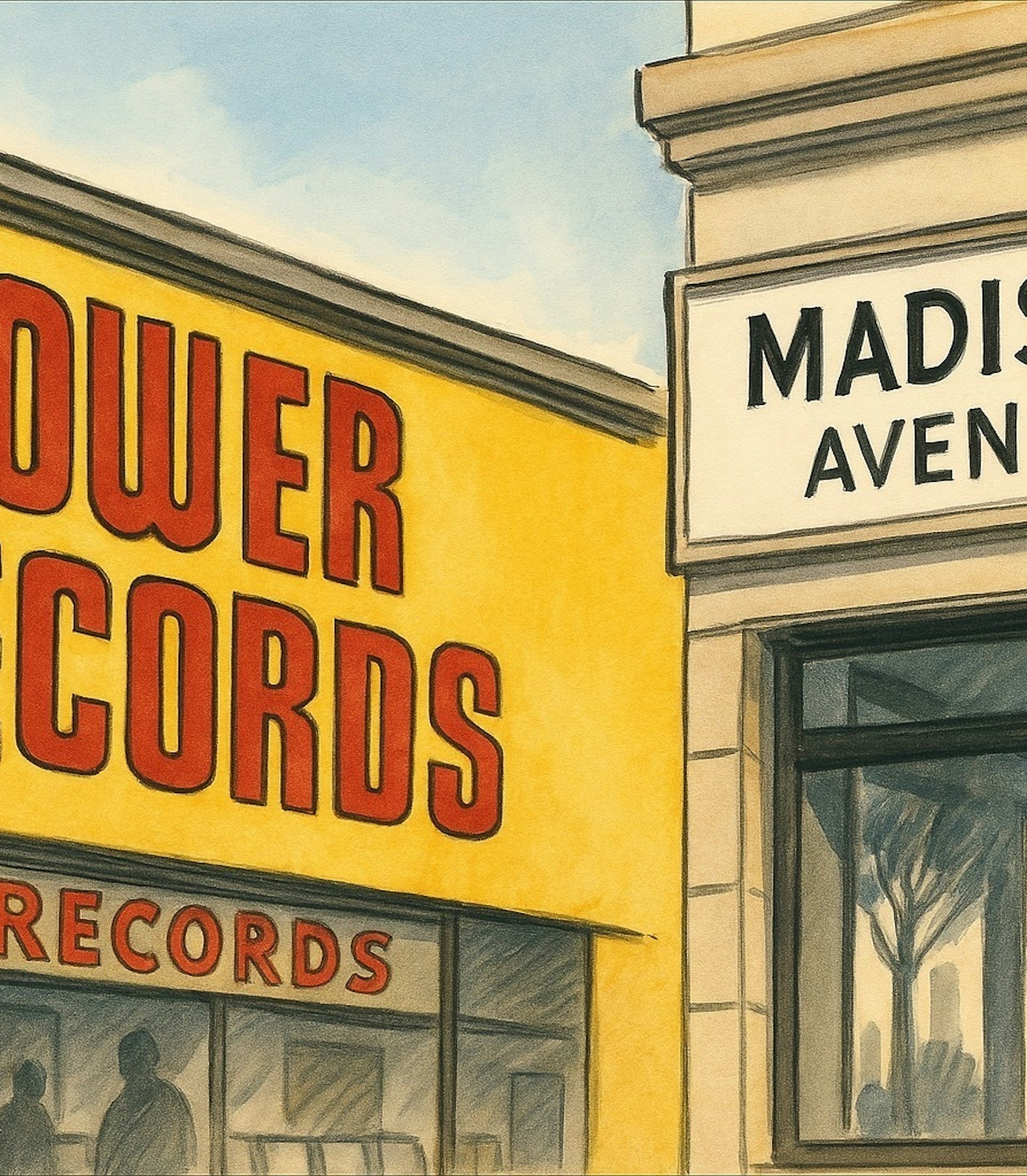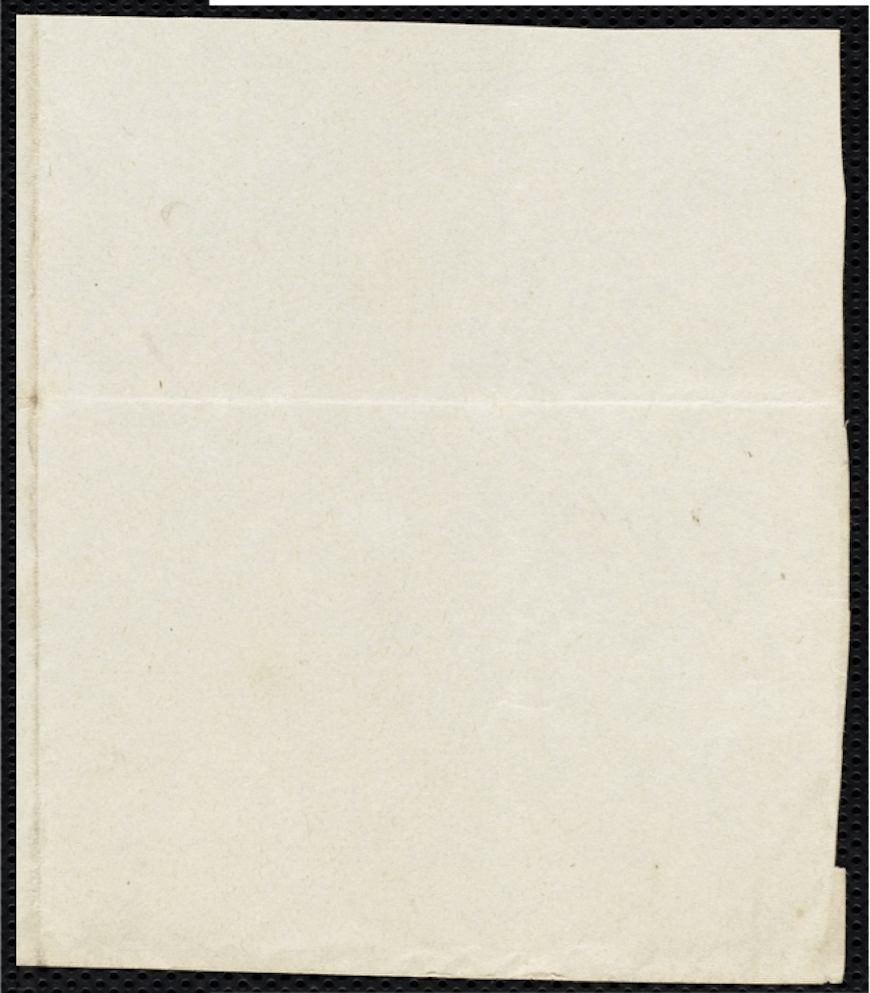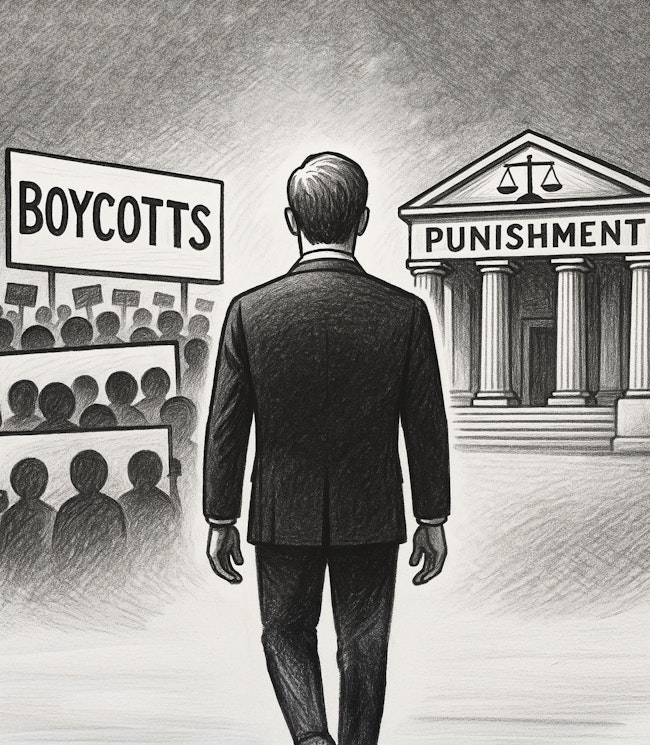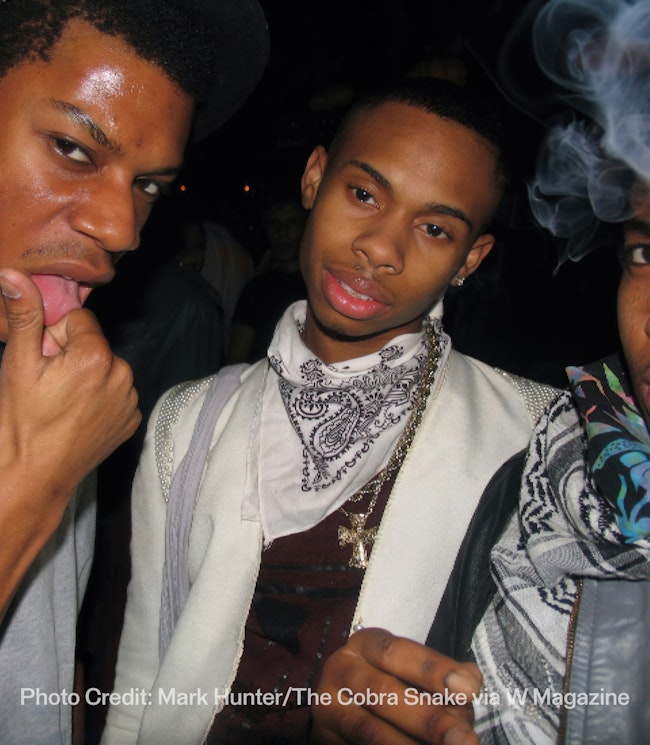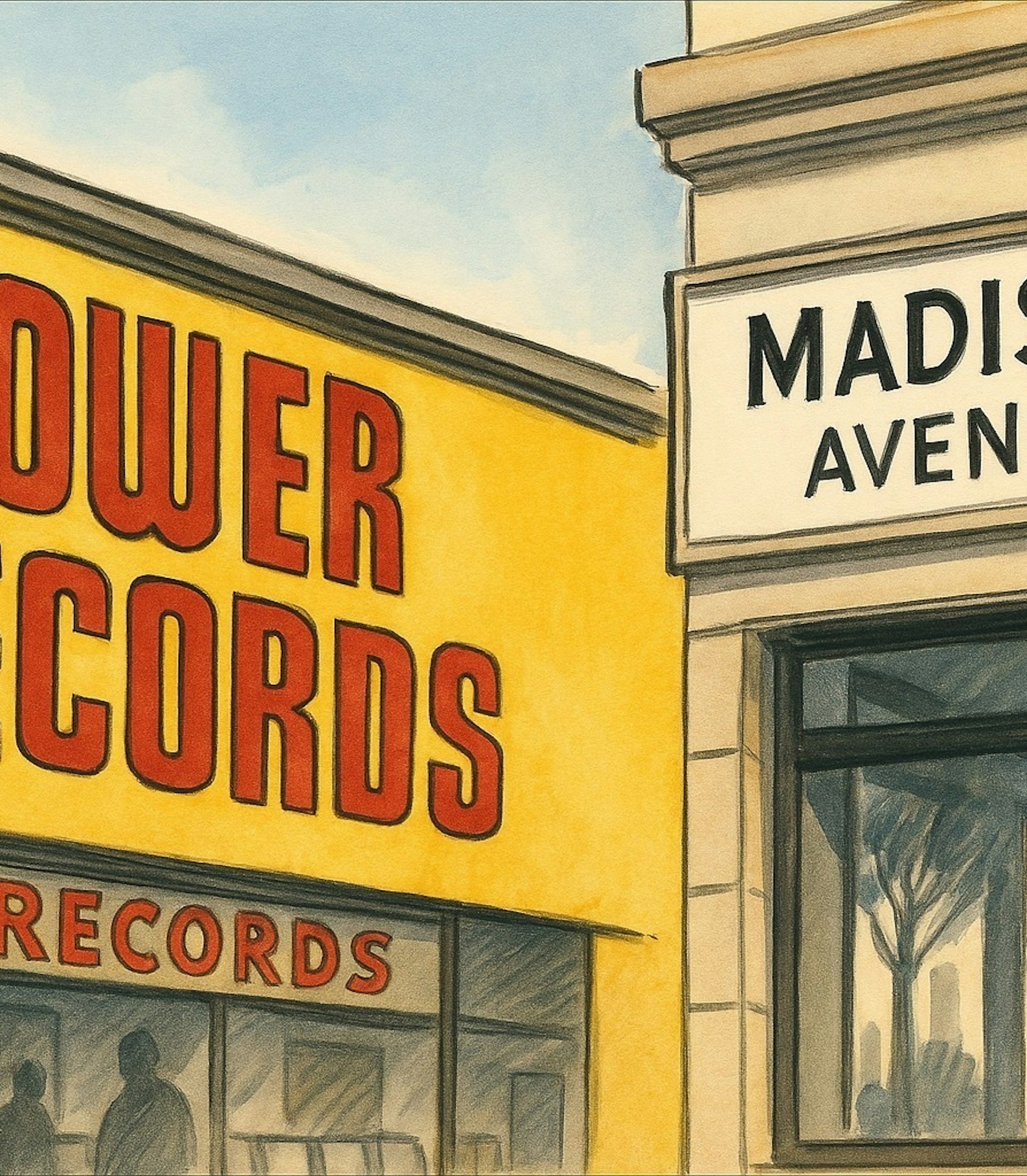
words by
Joe Anthony
May 02, 2025
culture hack
The Spotify Moment for Advertising: Why AI Is About to Disrupt Agencies Like Streaming Did to Music
In the early 2000s, the music industry was too slow to see the future. Locked into legacy models, bloated label systems, and outdated distribution tactics, it was blindsided by digital disruption. First came piracy. Then iTunes. And then, finally, streaming—a platform model that unbundled power from the record labels and gave it to algorithms, platforms, and creators.
Sound familiar?
Today, the advertising industry stands on that same precipice. Artificial Intelligence isn’t just another new tool in the agency toolbox—it’s the tectonic force that will reshape how advertising is created, bought, optimized, and valued. And just like in music, the legacy giants—holding companies, traditional creative shops, and even independent networks—are showing signs of resistance, or worse: complacency.
WPP’s Q1 2025 results tell part of the story. Revenue fell more than expected, with the UK business dipping 5.5%. Clients are hesitating, budgets are tightening, and the inefficiencies built into the traditional model—siloed teams, slow production cycles, manual media operations—are beginning to collapse under their own weight.
Just as streaming cuts out physical distribution and gatekeeping A&Rs, AI eliminates layers of agency bloat. Campaigns that once took weeks can now be briefed, built, and iterated in hours. Media planning that required armies of analysts is now handled by smart platforms optimizing in real-time. Creativity itself is being redefined—where prompt engineers and data scientists sit alongside art directors and copywriters.
In short: the agency’s monopoly on storytelling, production, and strategy is eroding.
But here's the hard truth—efficiency alone won’t save anyone. Just as Spotify didn’t kill music, but forced a reinvention of how it’s monetized, discovered, and experienced, AI won’t kill advertising. It will kill the slow, expensive, and disconnected version of it.
The winners in this next era will operate more like streaming platforms than old-school agencies. They’ll be leaner, built for iteration, powered by data, and structured for speed. Talent will be fluid, tech stacks modular, and success measured in outcomes—not hours. Just like artists now build direct audiences on Spotify and TikTok, brands will look to agencies that help them move with cultural rhythm—not just media calendars.
And those clinging to the past? They’ll face the same fate as the record labels who bet against Napster and dismissed iTunes as a fad: obscurity.
The future agency must be engineered for agility but anchored in impact. AI can optimize, but only humans can contextualize. Automation will accelerate, but only culture will differentiate. That tension—between machine learning and human meaning—will define the next great agencies.
The question now isn’t whether AI will change advertising. It already is. The question is: will your agency be a Spotify—or a Tower Records?













